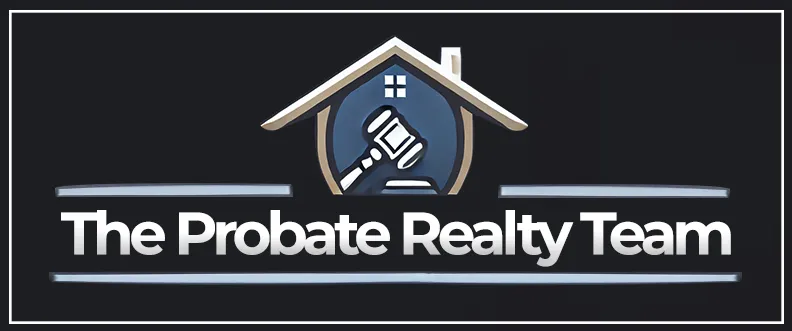Being an executor can be challenging, especially when it involves real estate. To help you manage this responsibility confidently, here’s a simplified guide covering best practices to maximize the estate’s value.
1. Understand Your Role
Your primary job is to manage and preserve the property until it’s distributed or sold.
[i] Fiduciary Duty: Always act in the best interest of the estate and beneficiaries.
[ii] Stay Compliant: Follow state and probate laws, and consult a probate attorney for guidance.
2. Keep Records
Good record-keeping helps you stay organized and transparent.
[i] Track All Expenses: Document costs like repairs, taxes, and utilities.
[ii] Log Communications: Record interactions with contractors, tenants, and beneficiaries.
3. Assess the Property
Get a clear understanding of the property’s condition.
[i] Initial Inspection: Walk through and check for immediate issues.
[ii] Create a To-Do List: Prioritize repairs that protect the property from damage.
4. Maintain the Property
Simple upkeep can prevent bigger problems later.
[i] Regular Checks: Visit the property or hire a property manager for routine inspections.
[ii] Basic Care: Keep the lawn tidy and handle minor repairs.
[iii] Seasonal Tasks: Prepare for weather changes by maintaining gutters and winterizing as needed.
5. Manage Finances Wisely
Keep the estate’s financial health in check.
[i] Budget: Plan for taxes, insurance, and upkeep.
[ii] Stay Current on Taxes: Pay property taxes on time to avoid penalties.
[iii] Control Utility Costs: Maintain essential services but cut non-essentials.
6. Communicate with Beneficiaries
Clear communication helps avoid misunderstandings.
[i] Regular Updates: Keep beneficiaries informed about major steps and expenses.
[ii] Discuss Key Decisions: Engage them on choices like selling or renting the property.
7. Seek Professional Help
Enlist experts to make the process easier.
[i] Realtor: Use a probate-experienced realtor to market and sell the property.
[ii] Attorney and CPA: Ensure legal and tax obligations are met.
8. Utilize Additional Services
Simplify your role with helpful services.
[i] Estate Clean-Outs: We can arrange property clean-outs to save you time.
[ii] Trusted Contractors: We can refer reliable professionals for repairs.
[iii] Storage and Moving: Coordinate moving or storing valuable items.
Conclusion
Managing real estate as an executor doesn’t have to be overwhelming. By staying organized, keeping clear records, and seeking professional help, you can manage the property effectively.
Whether you choose to sell, rent, or hold, prioritize what’s best for the estate. Our services are here to guide you, from property assessments to coordinating repairs, ensuring you have the support needed to handle the process smoothly.
